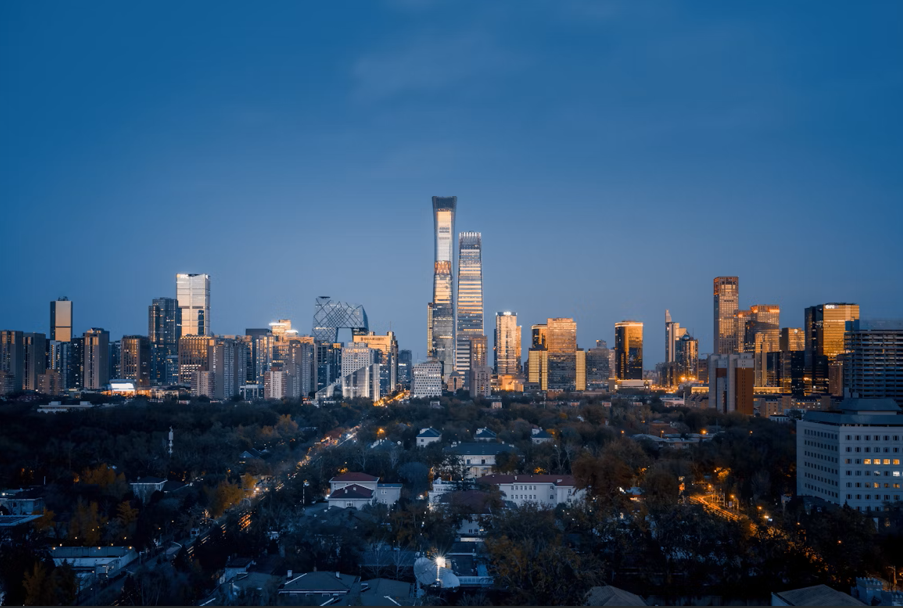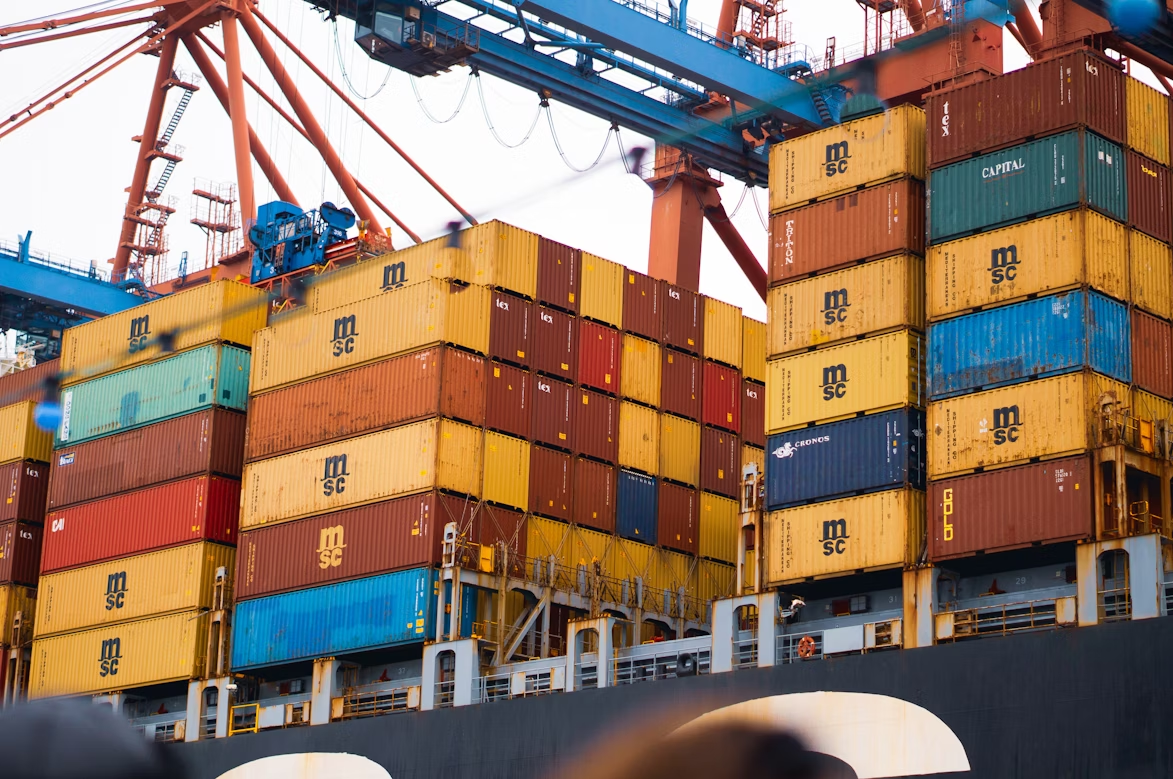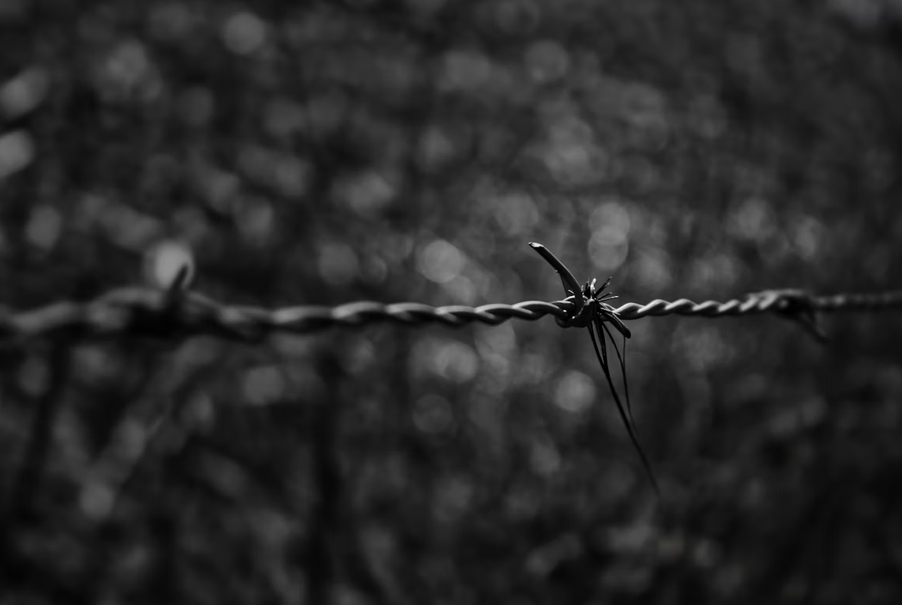Background
On 8 June 2023, Canada and the Netherlands jointly instituted proceedings against Syria before the International Court of Justice (the “ICJ”). The application alleges violations of the Convention against Torture and Other Cruel, Inhuman or Degrading Treatment or Punishment (the “Convention against Torture”) by Syria.
The application’s objective is stated by Canada and the Netherlands to hold Syria accountable for its wrongful acts and to compel the government to cease all acts of cruelty and torture. If the ICJ finds that it has jurisdiction in this case, it will be the first time an international court deliberates upon allegations of torture by Syria.
Allegations against Syria
The application alleges violation of multiple provisions of the Convention against Torture, including, articles 1, 2, 7, 10, 12 and 16. The application details alleged inhuman treatment that the current ruling government has meted out to Syrian civilians during the past decade. The application asserts that the Syrian government’s systemic use of torture to silence dissent has left ordinary citizens in extreme physical and mental distress. This includes torture of detainees, insufficient conditions of detentions and sexual and gender-based violence by the Syrian government.
Jurisdiction of the ICJ
The application was brought under the dispute resolution clause in the Convention against Torture, namely, Article 30(1). Article 30(1) states that proceedings may be brought before the ICJ only after the parties have made an attempt to settle the dispute by negotiations and an attempt has been made to submit the dispute to arbitration. Proceedings may be brought before the ICJ only after a request is made to submit the dispute to arbitration and the parties were unable to agree within six months on the arbitration procedure.
The application elaborates on the attempts made by both initiating States to negotiate with Syria and then to submit the dispute to arbitration. They allege that Syria did not acknowledge or respond to any formal requests to refer the dispute to arbitration. The application states that proceedings were then brought before the ICJ, as all previous attempts at finding a resolution had failed.
Requests of the applicants
Canada and the Netherlands request that the Syrian government be held accountable for its alleged violations by taking responsibility for its actions, by investigating and prosecuting those responsible for torture, by the cessation of all unlawful activities and by compensating victims.
The application also requests that the ICJ declare that Syria has violated a peremptory norm of international law by breaching provisions of the Convention on Torture. This request seeks to hold Syria responsible for erga omnes partes obligations.
Application for provisional measures
Along with the joint application, both States have also filed a request that the ICJ indicate provisional measures. The application for provisional measures requests that Syria be compelled immediately to cease all acts of cruelty and inhuman treatment, to preserve all relevant evidence and information, and not to take any action to aggravate the dispute.
Hearings on the request for provisional measures are due to take place on 10-11 October 2023. If the ICJ decided to indicate provisional measures, an ad hoc committee composed of three judges would be established to supervise them. This committee would review relevant information, provide recommendations for the implementation of the measures and make reports to the ICJ. (N.B. – There is a note elsewhere in this Newsletter on ICJ provisional measures.)
Conclusion
Many observers of the ICJ have concluded that it is unlikely that Syria will participate in the proceedings. It remains to be seen what would be the practical effect of an ICJ decision, were it to hold Syria liable. Of particular interest to students of the ICJ will be what approach the ICJ may take to provisional measures, should it decide to indicate any in the case.



